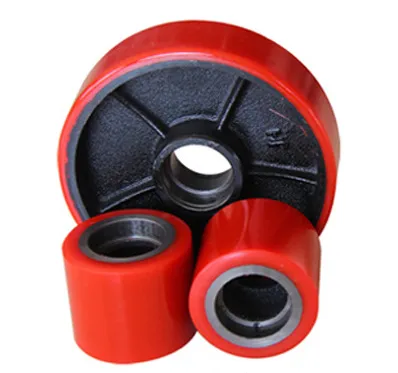


Understanding Chain Hoist Prices Factors and Expectations
Chain hoists are indispensable tools commonly used in industrial, construction, and maritime sectors, designed to lift and lower heavy loads with precision and ease. As vital pieces of equipment, understanding chain hoist prices is crucial for businesses and individuals looking to purchase these devices. Prices can vary significantly based on several factors, including type, capacity, brand, and features.
Types of Chain Hoists
Chain hoists come in various types, including manual chain hoists, electric chain hoists, and pneumatic chain hoists. Manual chain hoists, or block and tackles, are typically more affordable due to their simplicity, making them ideal for lighter tasks or infrequent use. On average, prices for manual chain hoists can range from $50 to $300, depending on their lifting capacity and build quality.
On the other hand, electric chain hoists offer enhanced convenience and power, significantly reducing the effort required to lift heavy loads. These hoists can handle heavier weights and are often used in more demanding environments. Prices for electric chain hoists can start around $300 and can exceed $3,000 for models with higher capacities and advanced features such as remote controls, variable speed control, or integrated safety systems.
Pneumatic chain hoists, powered by compressed air, are less common but offer unique advantages in explosive or hazardous environments where electric tools may pose a risk. The price for pneumatic hoists can be similar to, or sometimes exceed, that of electric models, depending on their specifications.
Capacity and Specifications
The lifting capacity of a chain hoist directly affects its price. Hoists are rated for specific maximum loads, and higher-capacity models generally come at a premium. For instance, a chain hoist capable of lifting 1 ton might cost between $300 to $700, while a 5-ton model can range from $800 to over $2,000. Therefore, it’s essential for buyers to assess the load requirements of their intended applications carefully to avoid overspending on capabilities that exceed their needs.

Brand and Quality
Brand reputation plays a crucial role in determining the price of chain hoists. Established manufacturers known for quality and reliability, such as Yale, Harrington, and Genie, typically market their products at higher price points due to their proven performance and durability. Investing in a well-regarded brand can often mean better support, warranty options, and resale value, making it a strategic choice despite the initial cost.
Features and Innovations
Additional features such as integrated safety mechanisms, easy-to-use controls, and additional attachments can significantly influence the price of a chain hoist. More sophisticated models equipped with digital displays, load indicators, and overload protection are prevalent in modern hoists and can justify higher price tags. Buyers should consider which features are necessary for their operations to strike a balance between functionality and budget.
Market Trends and Availability
Finally, market trends can affect pricing. During peak construction seasons, demand for chain hoists can soar, leading to fluctuations in prices. Additionally, global supply chain issues or material shortages can impact availability, further influencing price dynamics. It is advisable for potential buyers to monitor market conditions and exploit seasonal sales or discounts when possible.
Conclusion
In conclusion, when evaluating chain hoist prices, one must consider factors such as type, capacity, brand reputation, and the specific features required for their tasks. By thoroughly assessing these elements and aligning them with their budget and needs, individuals and businesses can make informed purchasing decisions that ensure safety and efficiency in their operations. Whatever the choice may be, investing in a reliable chain hoist can significantly enhance productivity and safety in handling heavy loads.



